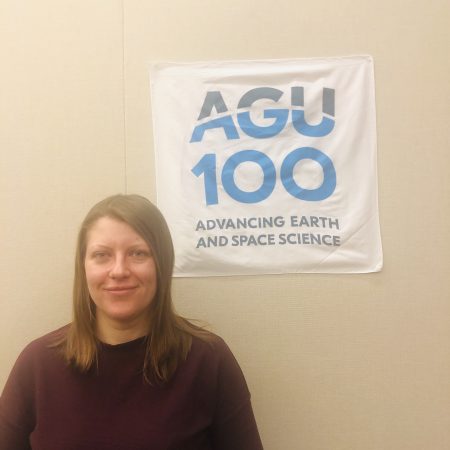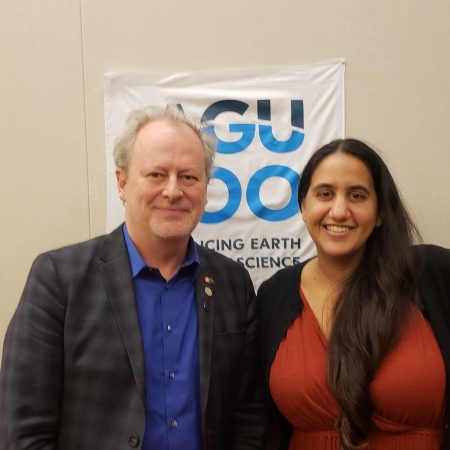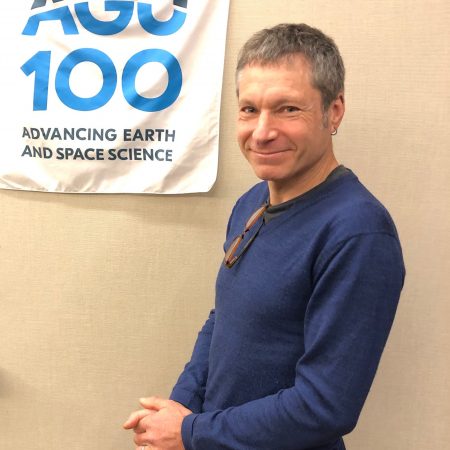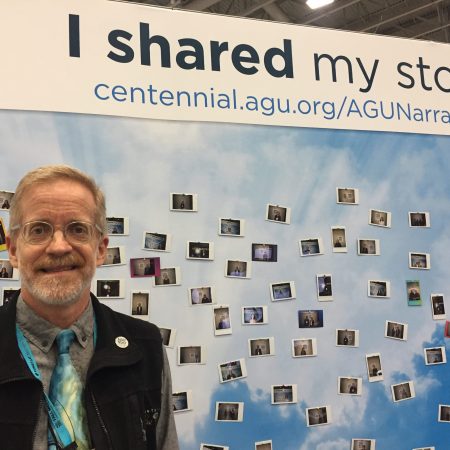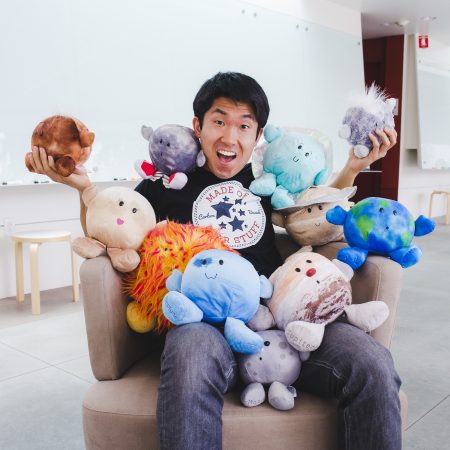Refine
Date Range Clear
Recorded by Clear
Keywords Clear
Partnerships Clear
- No matching terms.
Organizations Clear
- American Geophysical Union 9
- American Red Cross 1
- European Geophysical Union 1
- Medium 1
- National Aeronautics and Space Administration 1
- 4 more
Places Clear
- Washington DC 44
- AGU 2018 Fall Meeting 39
- Leadership Development Commitee 2
- AGU 1
- American Geophysical Union 1
- 3 more
Languages Clear
Initiatives Clear
- No matching terms.
Richard Johnson is an AGU member who has been coming to Fall Meeting for years. He discusses some of the keynotes he’s attended in recent years, like those by Jerry Brown, Elon Musk, and Dan Rather. A sci-fi enthusiast, Richard...
Krystal Yhap’s interest in urban water resource management was sparked by the conversations around water safety in Flint, MI. She’s now a graduate assistant at the University of Maryland studying the water system in San Francisco. She talks about her...
How did Biogeoscience become a recognized field of study, with its own journal and sections at AGU? What obstacles did its organizers have to overcome in order to make it a viable field and a welcome presence at AGU? In...
Mara Jill Herman (Astoria) interviews her mom Emmi S. Herman (Searingtown) on Mother's Day, 5.9.2021. They chat about community, collaboration, vaccine awareness, and legacy.
Erin Robinson is the Executive Director of the Earth Science Information Partners (ESIP). She knew from early on that she was interested in science and her field of remote sensing, from good science teachers in middle and high school to...
Emily Wolin is almost singe-handedly trying to upgrade Myanmar’s national seismic network. As a student, Emily saw the Mount Saint Helens eruption. Today, she helps scientists in Myanmar prepare their country for the aftermath of the next hurricanes to come...
Zachary Wolff talks about how his path to studying and creating models as a graduate student at UC Irvine was not straightforward: he first considered medicine and meteorology before working on a CICE radiation study and discovering his interest. While...
Eager to get out of the lab, Martha Savage spent the year immediately following her undergraduate graduation at the Amundsen-Scott South Pole Station where she worked as a cosmic ray observer. In this position, Dr. Savage, who is now a...
Seismologist Lucy Jones gained recognition for doing a TV interview following the 1992 Joshua Tree earthquake while holding her sleeping infant son. Long before that, she became one of the first American scientists to enter China after it’s normalization in...
Michele Koppes and Heidi Roop met “on an incredible landscape on the edge of the Greenland ice sheet about two years ago.” The conversation that followed made both of them think more closely about the value of science communication and...
Kiya Riverman ended up studying glaciers because, on a field work trip, she was one of the few who could fit the ice cave in the glacier. She recalls, “you're surrounded by glaciers and then sometimes you're underneath glaciers. And...
Amber Soja’s career is on fire. The resident at NASA’s Langley Research Center studies fire regimes and how they are being affected by climate change. “Every fire season is worse,” she says, adding that the changing fire regime is proof...
With experiences from Azerbaijan, India and the United States, three scientists discuss how they’ve shared their passion for science in society and data transparency from generation to generation. They hope future generations continue to use data to help people withstand...
Linda Geiser and Peter Nelson tell their own stories and reflect on the impact they’ve had on each other lives. They’re both currently with the US Forest Service but first met when Linda hired Peter after he finished university to...
Sarah Vines and Robert Allen once drove twenty hours to see a spaceship launch. Now, Sarah and Robert are married, post-doctoral students working in the laboratories of Johns Hopkins University. Sarah researches how magnetic fields form, and what earth’s magnetic...
Why do people feel they way they do about issues? Why do lawmakers and policy leaders seemingly act against their better interests? And how can information be developed in a way that leads not just to greater understanding, but to...
Jack Kaye, associate director for research at NASA's Earth Science Division, discuss his origins as a chemist and earth scientist, and how he was recruited to Goddard to be a chemist among meteorologists. "My boss would advertise me as his...
Shelby Hurst grew up in northern Michigan where she spent plenty of time poking at and asking questions about the rocks in her grandparents’ backyard, which eventually led her to a PhD in geochemistry. She discusses the importance of women...
Ana Jeleapov studies landscape geography and hydrology at the Institute of Ecology and Geography in Moldova. She and a small team of scientists are trying to decrease flooding in Moldova. “Floods are a natural phenomenon” with sometimes deadly impact on...
In the mid-2000s, a small group of leaders at AGU, including Peter Fox, Rensselaer Polytechnic Institute, saw an opportunity to shape or reshape how geoscientists work together under a new cross-cutting discipline. As a result, “Earth and space Science Informatics”...
Jonathan Bamber has always loved to climb mountains. It’s why, when he wrote an essay about ice crystal formation in clouds as an 18-year-old undergrad, he found his calling studying glaciers and the natural environment. He’s traveled the world as...
James Famiglietti, hydrologist and Director of the Global Institute for Water Security, University of Saskatchewan, discusses his work with NASA's Gravity Recovery and Climate Experience (GRACE) and the evolution of technology throughout his career including its impact on water security....
John Bolten doesn’t need to get his hands dirty to learn about crop yields. Using satellite images, the Associate Program Manager of Water Resources for the NASA Applied Sciences Program has worked with the U.S. Department of Agriculture to directly...
Steve Montzka has been at NOAA for 28 years, working on atmospheric science, atmosphere chemistry, and trace gases in the atmosphere. He started there as a post-doc, drawn by the work he saw NOAA scientists doing on the hole in...
Michael Wong is just as comfortable talking about science as he is with working on it. Currently a post doc at the University of Washington in Seattle, he talks about his work and path through science, from being inspired as...
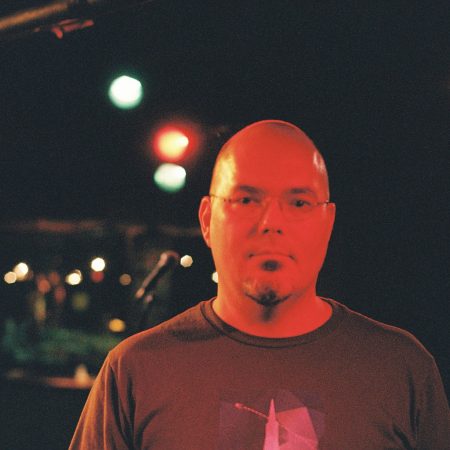
![“I'd love to see more collaboration happen and [it is] integral in terms of science working in the future.” An interview with Krystal Yhap](https://archive.storycorps.org/uploads/2019/07/Headshot-KYhap-450x450.jpg)

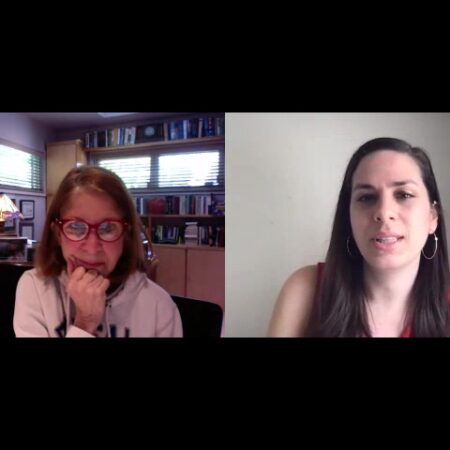

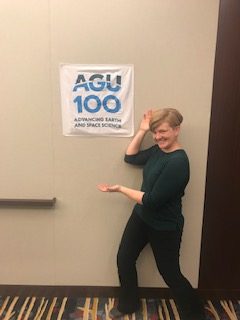
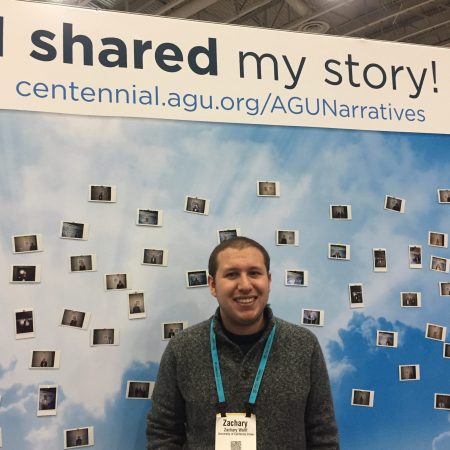
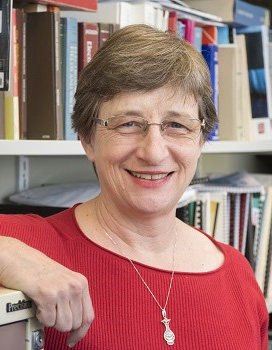
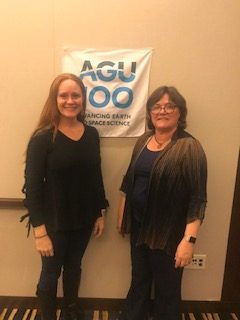
![“How is it that we collect stories [and] create spaces for those stories to be told?” An interview with Michele Koppes and Heidi Roop](https://archive.storycorps.org/uploads/2019/07/181212_Koppes-and-Roop_Booth-450x450.jpg)
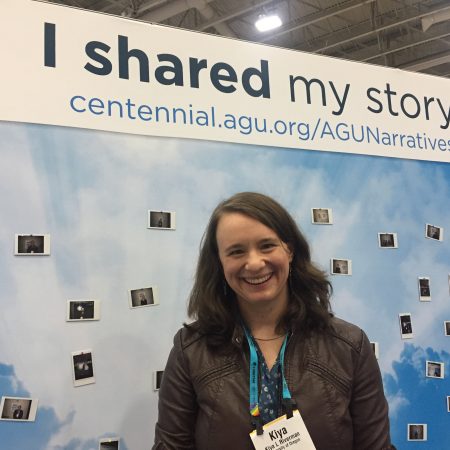

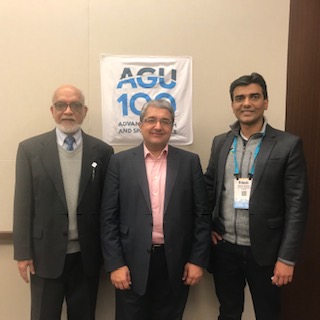
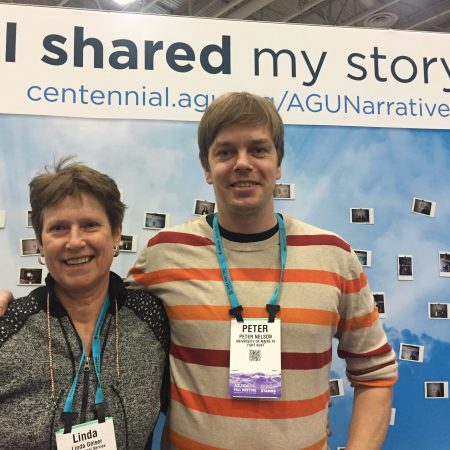
!["[Science] lets us imagine things we hadn't thought possible." an interview with Sarah Vines and Robert Allen](https://archive.storycorps.org/uploads/2019/07/Sarah-Vines-w-Robert-Allen.jpg)


![“I enjoy knowing that a lot of people do care about [the climate] and they care to learn about it.” an interview with Shelby Hurst](https://archive.storycorps.org/uploads/2019/07/Shelby-Hurst-crop-450x450.png)
